13,000 Iranians killed by West's chemical arms supplied to ex-Iraqi dictator: Iran’s rights chief
Iran’s top human rights official has deplored the European Parliament's resolution over the suspected poisoning of some students in Iranian schools, emphasizing that thousands of Iranians lost their lives as a result of the West's chemical weapons supplied to the deposed Ba'ath regime of Iraq during the 1980-1988 imposed war on Iran.
Kazem Gharibabadi, secretary of Iran’s High Council for Human Rights and the Judiciary chief’s deputy for international affairs, made the remarks in a post published on his Twitter page.
“The upshot of supply of chemical warfare by Germany, the United States, France, Britain and the Netherlands to [executed Iraqi dictator] Saddam Hussein: 13,000 civilian deaths and 130,000 chemical victims in Iran,” he tweeted.
Gharibabadi noted that the June 1987 chemical attack on the western Iranian city of Sardasht killed over a hundred civilians and injured another 8,000 people.
The chemical bombardment of Halabja town in the Kurdistan region also left some 5,000 civilians dead and around 10,000 others injured, the Iranian judiciary official said.
نتایج تسلیح رژیم صدام به سلاح شیمیایی توسط آلمان، آمريکا، فرانسه، انگلیس، هلند ...:
— Gharibabadi (@Gharibabadi) March 17, 2023
-۱۳ هزار شهید و ۱۳۰ هزار مصدوم شیمیایی در ایران شامل ۱۳۰ شهید و ۸۰۰۰ مصدوم شیمیایی سردشت
- ۵۰۰۰ شهید و ۱۰۰۰۰ مصدوم شیمیایی در حلبچه
مدعیان حقوق بشر، این هم جنایت علیه بشریت، بفرمایید رسیدگی کنید.
“For the attention of the so-called advocates of human rights: This is also a crime against humanity. Please, deal with it!” Gharibabadi pointed out.
European lawmakers issued a statement on Thursday, calling on the UN Human Rights Council to conduct an independent investigation into a wave of suspected poisonings in schoolgirls in Iran. The motion was passed by 516 votes in favor, five against and 14 abstentions.
Since November 2022, some Iranian students have reported symptoms of poisoning while in school.
The outbreak started in the central city of Qom before expanding to other cities. In most cases, students suffered respiratory problems, nausea, fatigue and dizziness, while some were hospitalized.
Earlier this month, Leader of the Islamic Revolution Ayatollah Seyyed Ali Khamenei said the poisoning was an “unforgivable and big” crime, calling on authorities to seriously pursue the issue.
Iran’s President Ebrahim Raeisi has also ordered the ministers of intelligence and interior to follow up on the poisoning cases.
“The enemy’s new conspiracy of creating fear in the hearts of students… and their parents is a crime and an inhumane act,” he said during a cabinet meeting on March 5.
D-8’s role in Iran’s economy after Cairo summit
China slams US as ‘war-addicted’ threat to global security
China ‘firmly opposes’ US military aid to Taiwan
VIDEO | Press TV's News Headlines
President Yoon Suk Yeol to be removed from office
At least 19 Gazans killed by Israeli airstrikes since dawn: Medics
Leader: Iran neither has nor needs proxy forces
US fighter aircraft shot down ‘in friendly fire’ amid aggression on Yemen


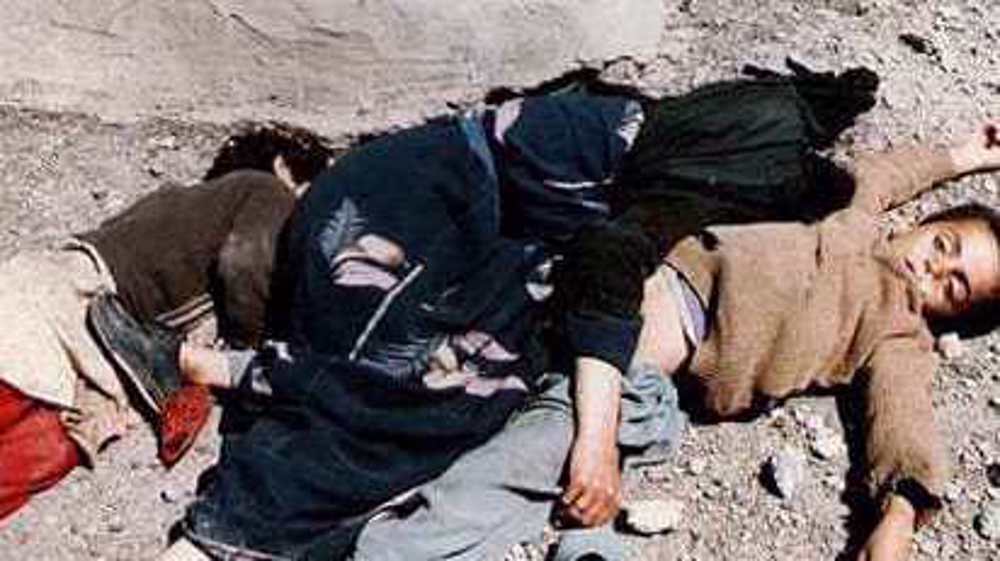
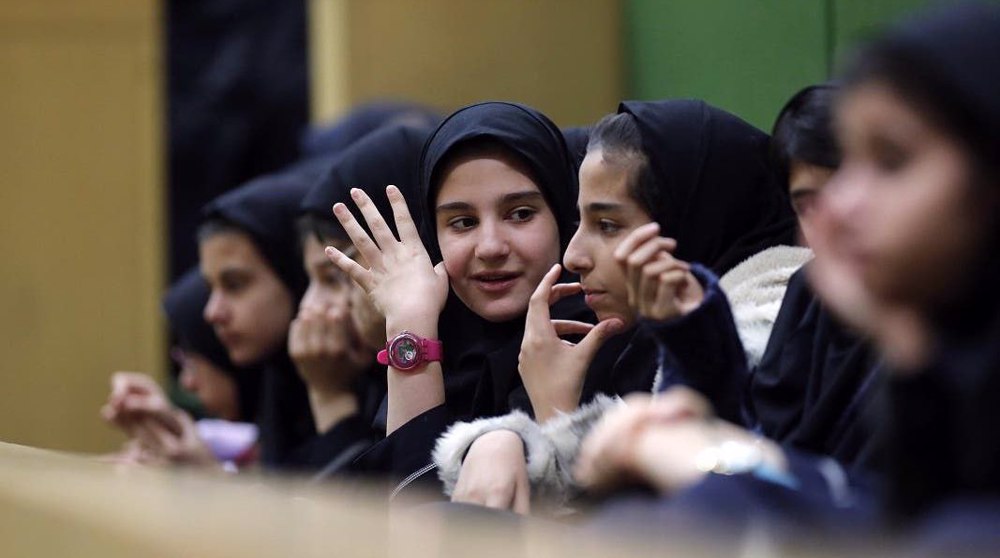

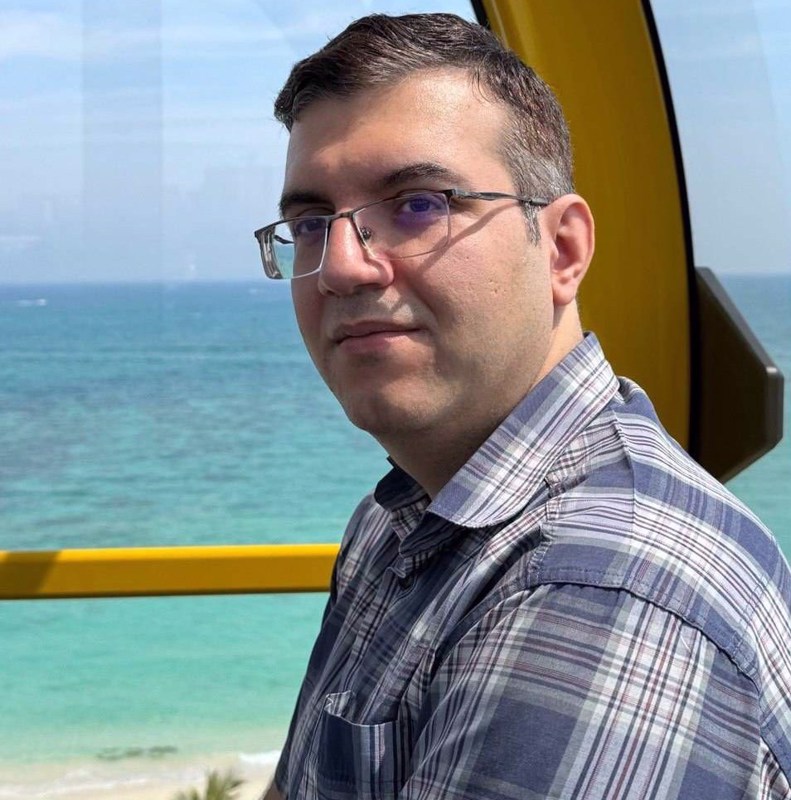
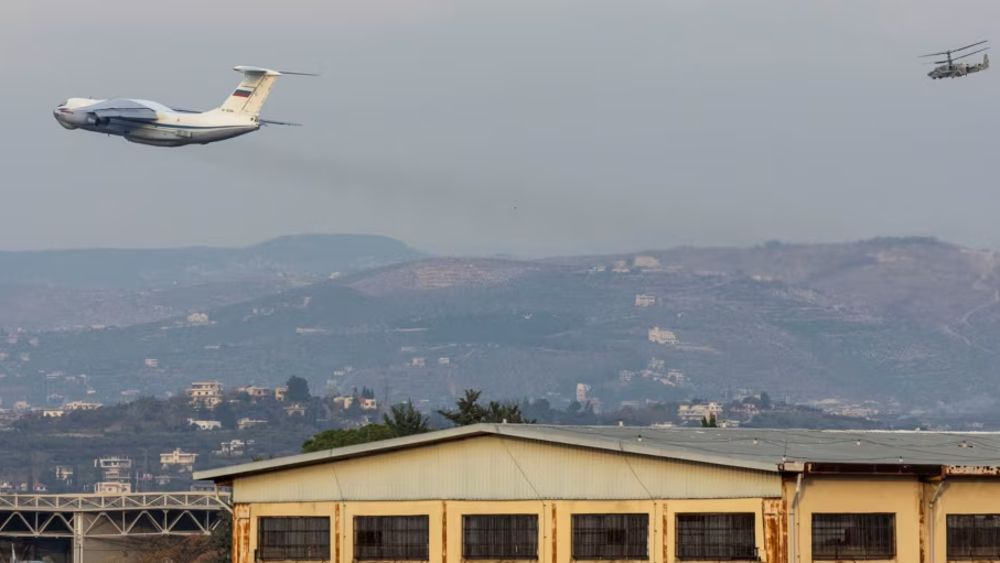



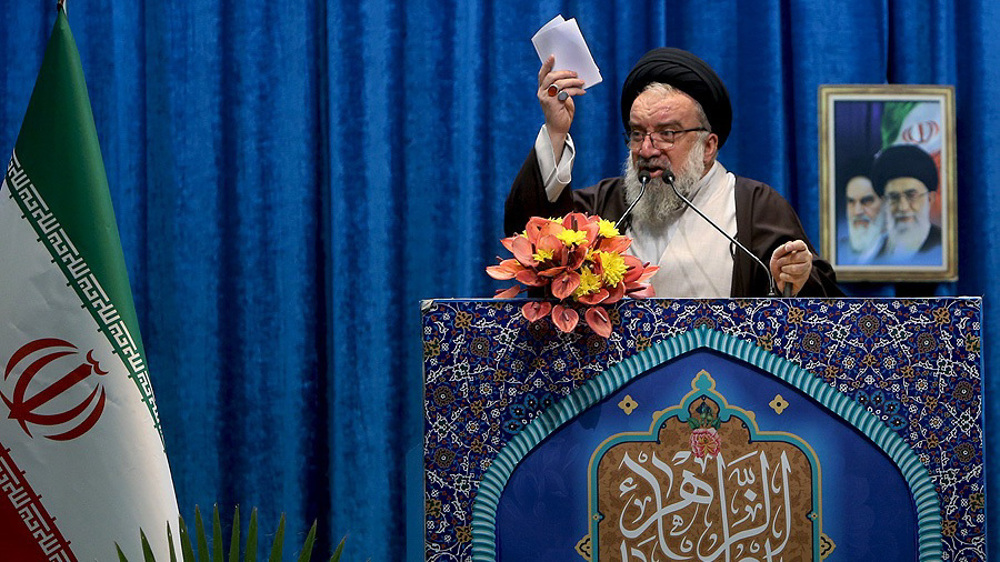
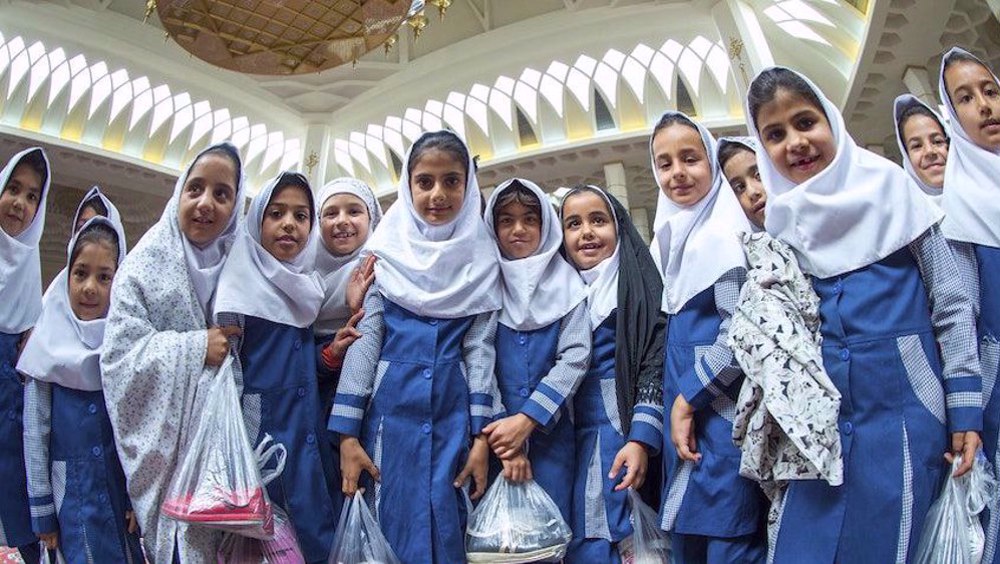
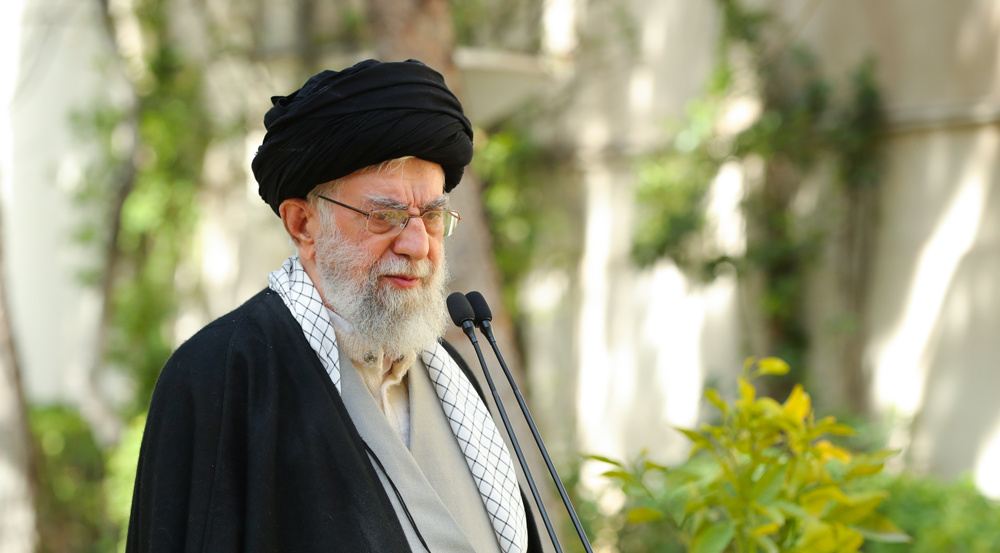
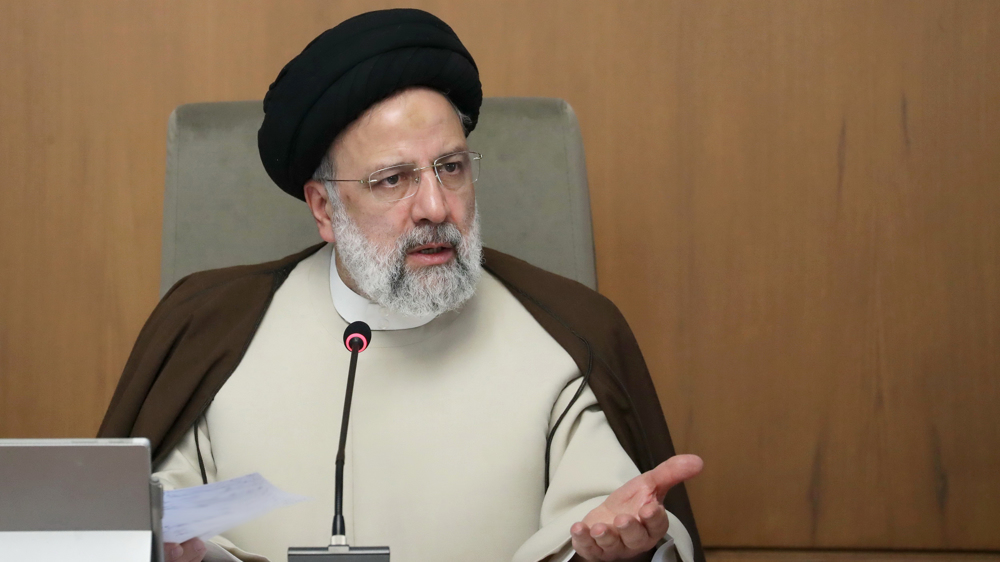
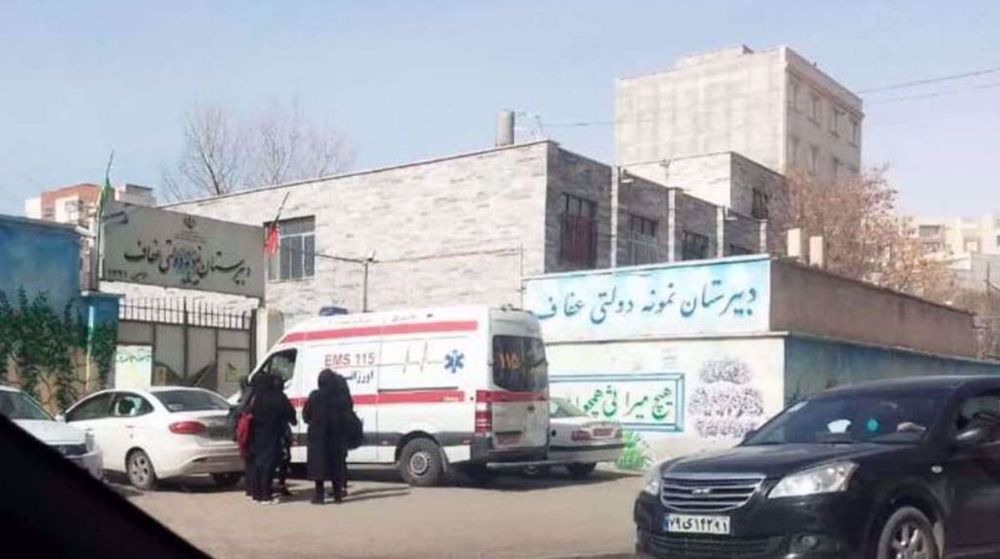
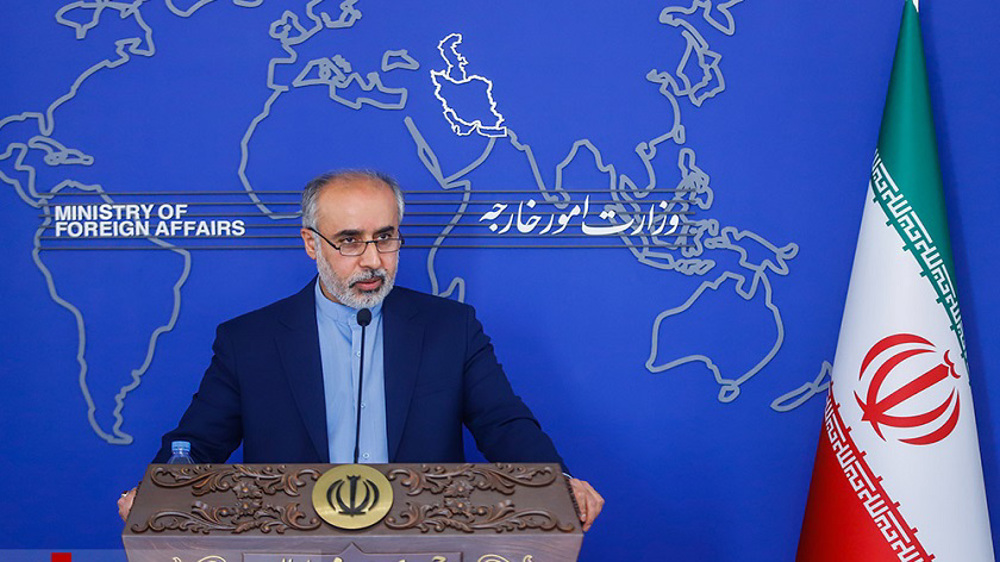
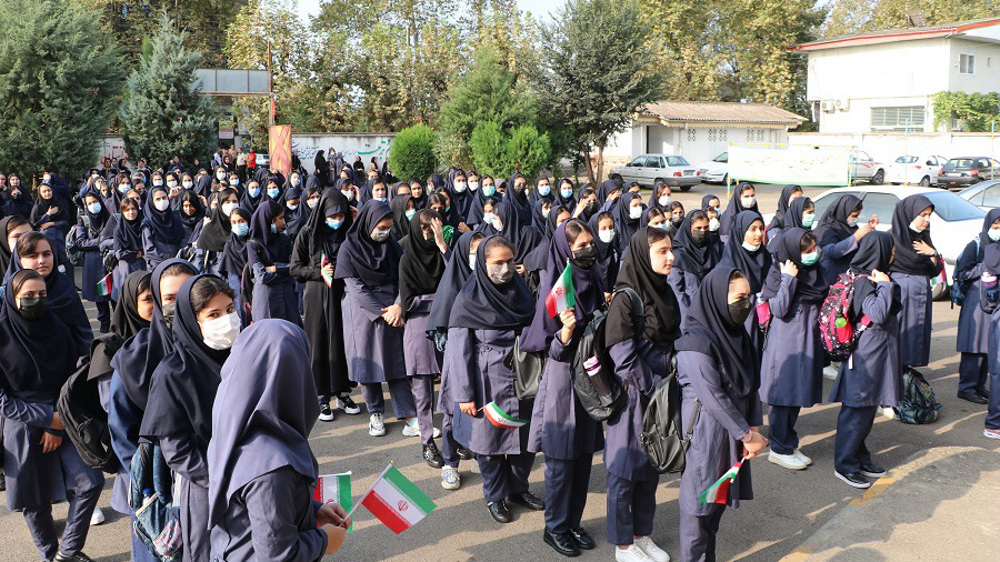
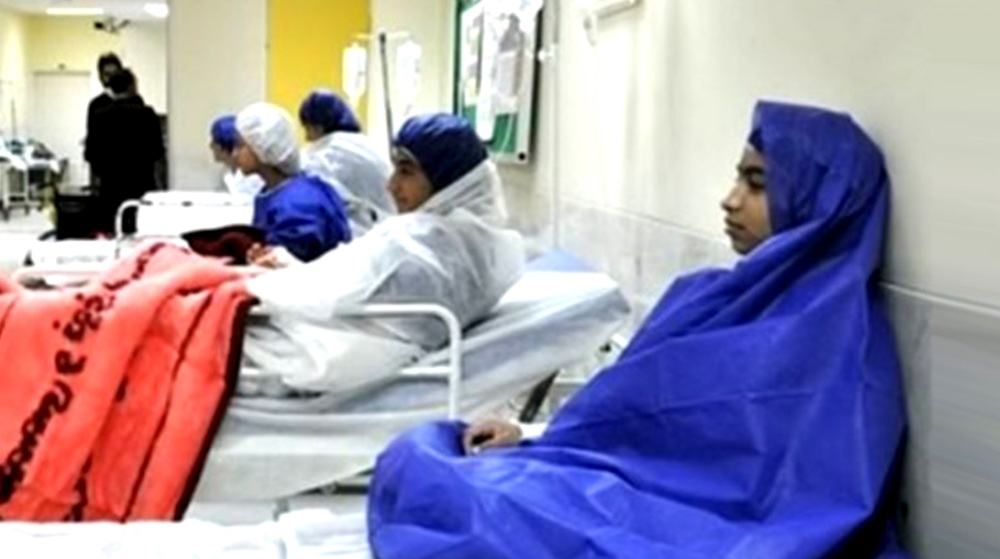
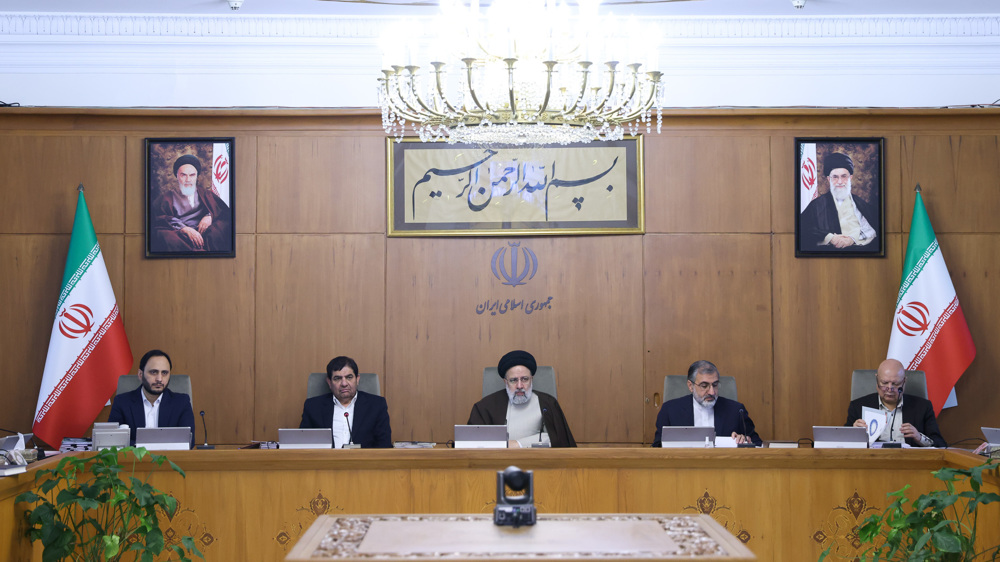

 This makes it easy to access the Press TV website
This makes it easy to access the Press TV website